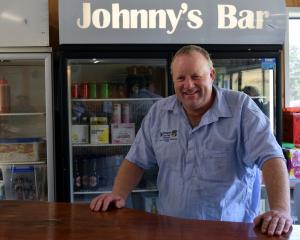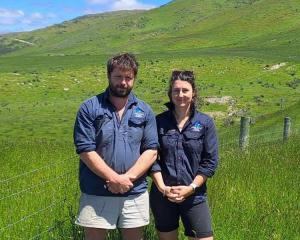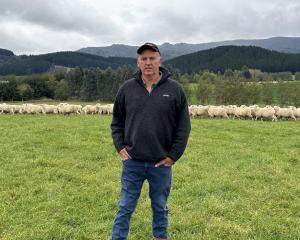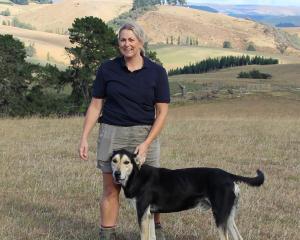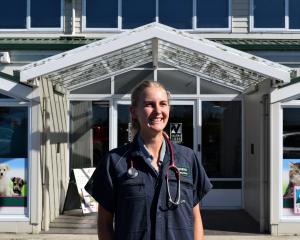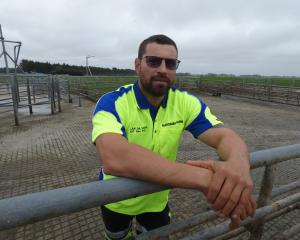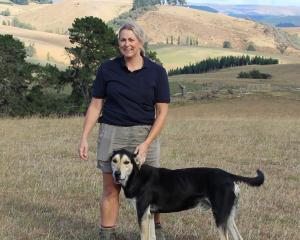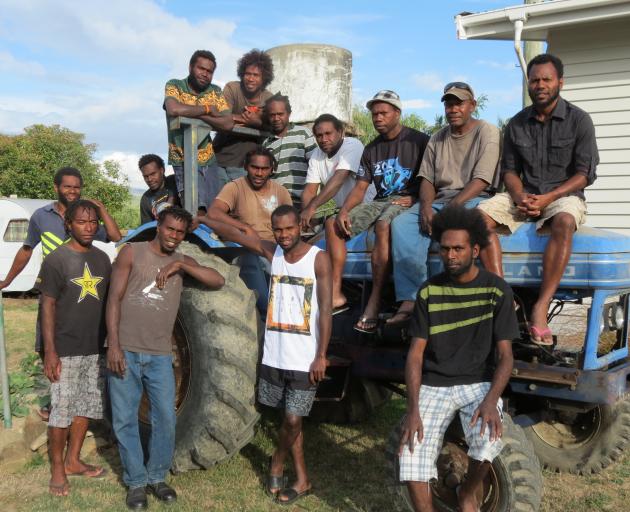
New Zealand Immigration's latest RSE employer survey figures show nationally, nearly 90% of employers on the scheme have been able to each employ, on average, five additional permanent workers and 20 seasonal workers.
About 11,100 workers were brought in from the Pacific Islands in 2017 by more than 150 RSE employers, compared to 5000 workers when the scheme was first established in 2007.
RSE national manager Matt Hoskin told Southern Rural Life because employers were able to access the additional workers, which would lead to high productivity, they were able to make positive decisions about planting more trees or vines, and growing their operations.
RSE workers are employed during peak times in the sector and are an important part of of the overall workforce.
''One key thing was almost all employers who took part in the survey said the value of benefits and the privilege of being an RSE employer outweighs the costs.''
''Employers have to provide accommodation and pastoral care and pay for 50% of the airfares.
''The workers are very productive and hard-working, and as they are here for a relatively short time, they want to maximise the returns for their work and maximise the remittances to their village or community.
Employers on the scheme have to be committed to recruiting New Zealand workers as well.
''If they are not recruiting and retaining Kiwis, they are not going to get RSE workers.''
Horticulture New Zealand chief executive Mike Chapman said the RSE scheme worked well for both New Zealand and the Pacific Islands.
In addition to the RSE workers last season, there were a large number of Kiwi workers and backpackers also employed in the sector, including in Central Otago.
He said one of the most amazing things that came out of the scheme from the first year was how the workers became an integral part of the communities they worked in.
They are given pastoral care, as well as training in financial literacy, mechanics and building skills.
He said the scheme had been described by the International Labour Organisation (ILO) and the World Bank as a ''best practice'' managed circular migration scheme.
''The United Nations have also put it forward as a model for other countries to follow.''
More seasonal staff required
The demand for RSE workers is outstripping supply, says Seasonal Solutions Co-operative chief executive Helen Axby.
More permanent employees and additional seasonal workers are needed to meet the increasing demand from within the sector as more cherry and apple orchards are planted, new apricot varieties become available and additional packing and processing facilities are built or upgraded.
Ms Axby attended the annual RSE conference in Tauranga last week. She had hoped to hear that the cap for the number of workers coming to New Zealand to work in the sector would be increased from the existing 11,100.
However, that announcement is not now expected for another couple of months.
Ms Axby said each season Central Otago employed about 200 RSE workers who worked in the cherry industry in December and January, beside university students, casual workers and backpackers.
''However, when the students went back to school and the backpackers left . . . more workers were needed, about 600 RSE, for the apples and grapes later in April and May,'' she said.
Ms Axby said it was too early to make any predictions about the number of workers needed in the region for the next season.
''We are doing a lot of work with the Ministry of Social Development to get as many Kiwis as we can involved in the industry.''
''We are promoting the fact there is more to the industry than just picking fruit.''
''There are global opportunities and chances to develop real careers because of the scope of what is happening.''


